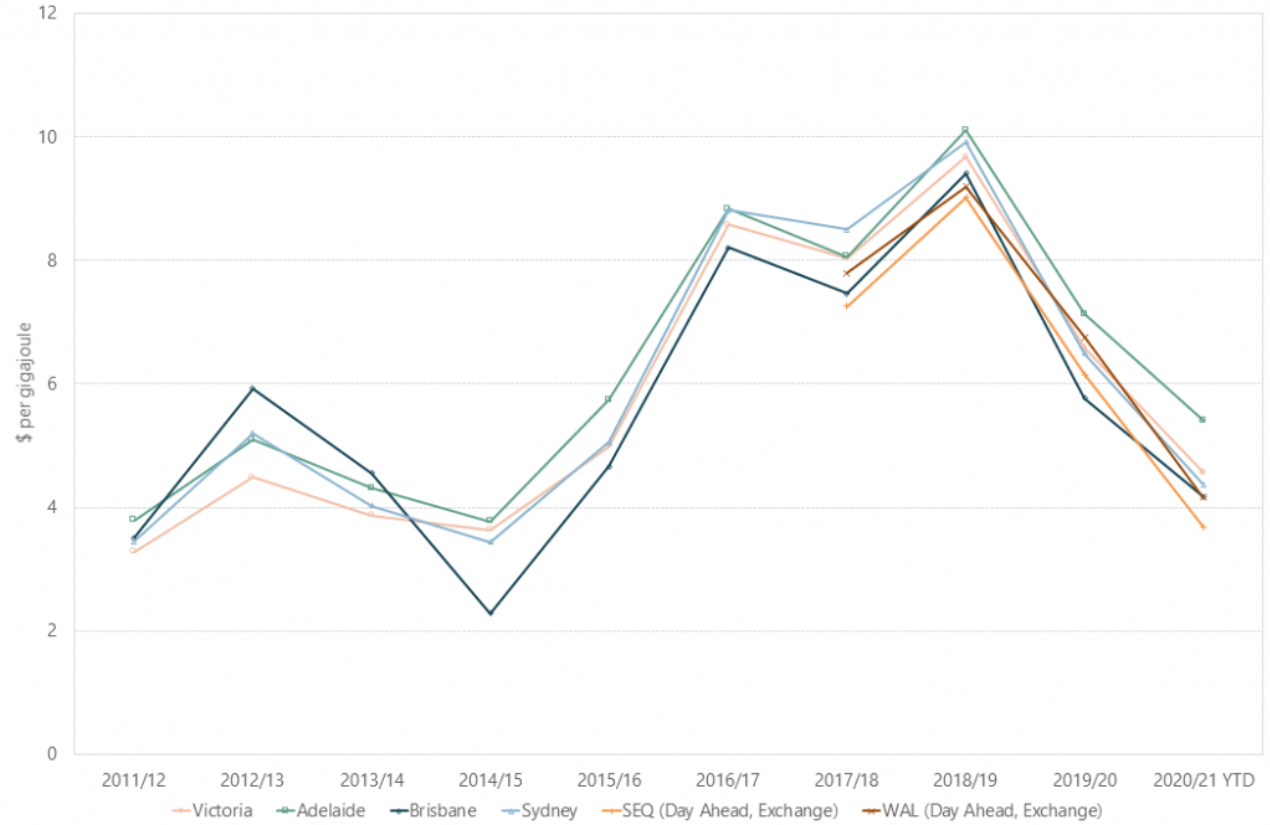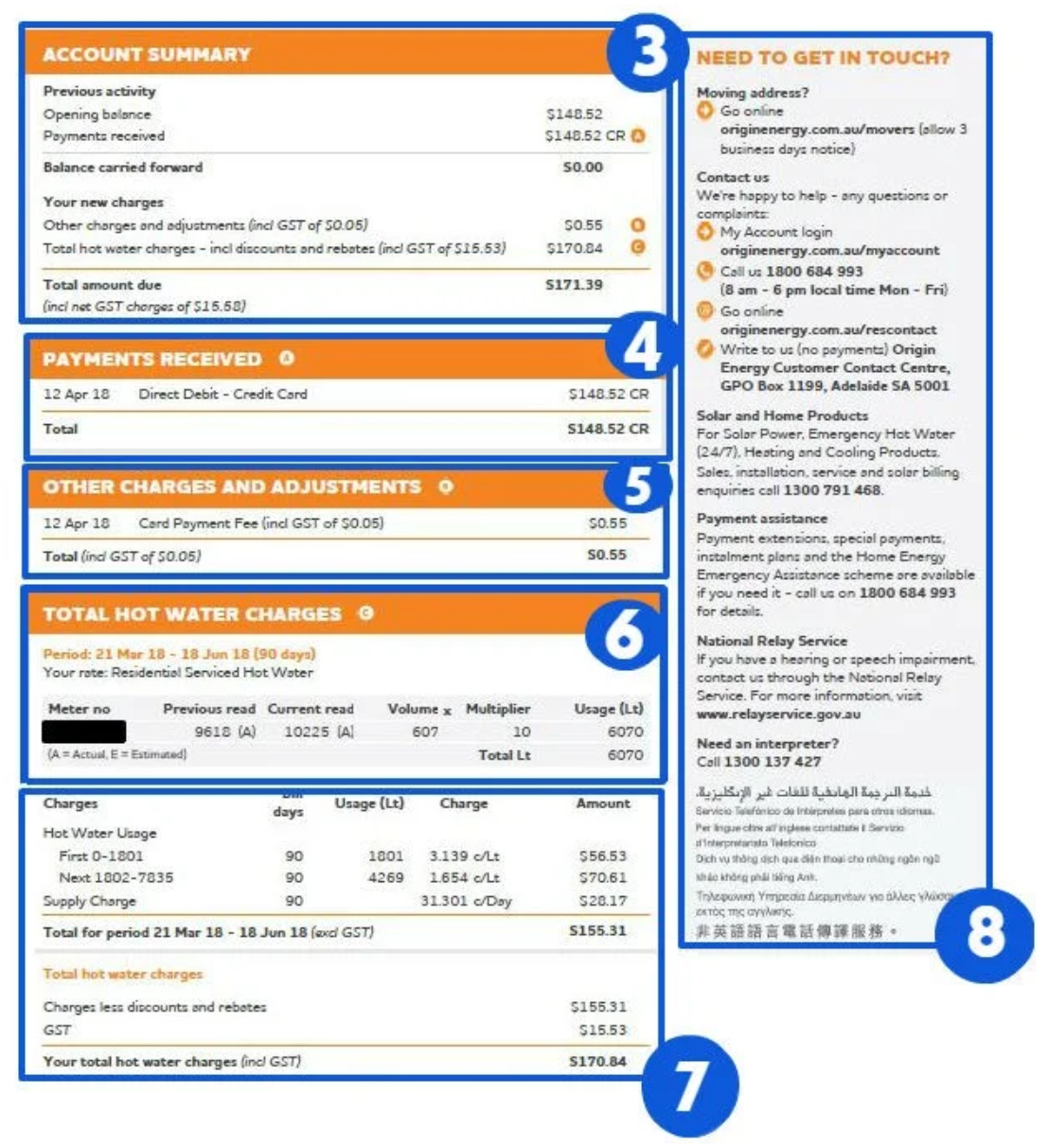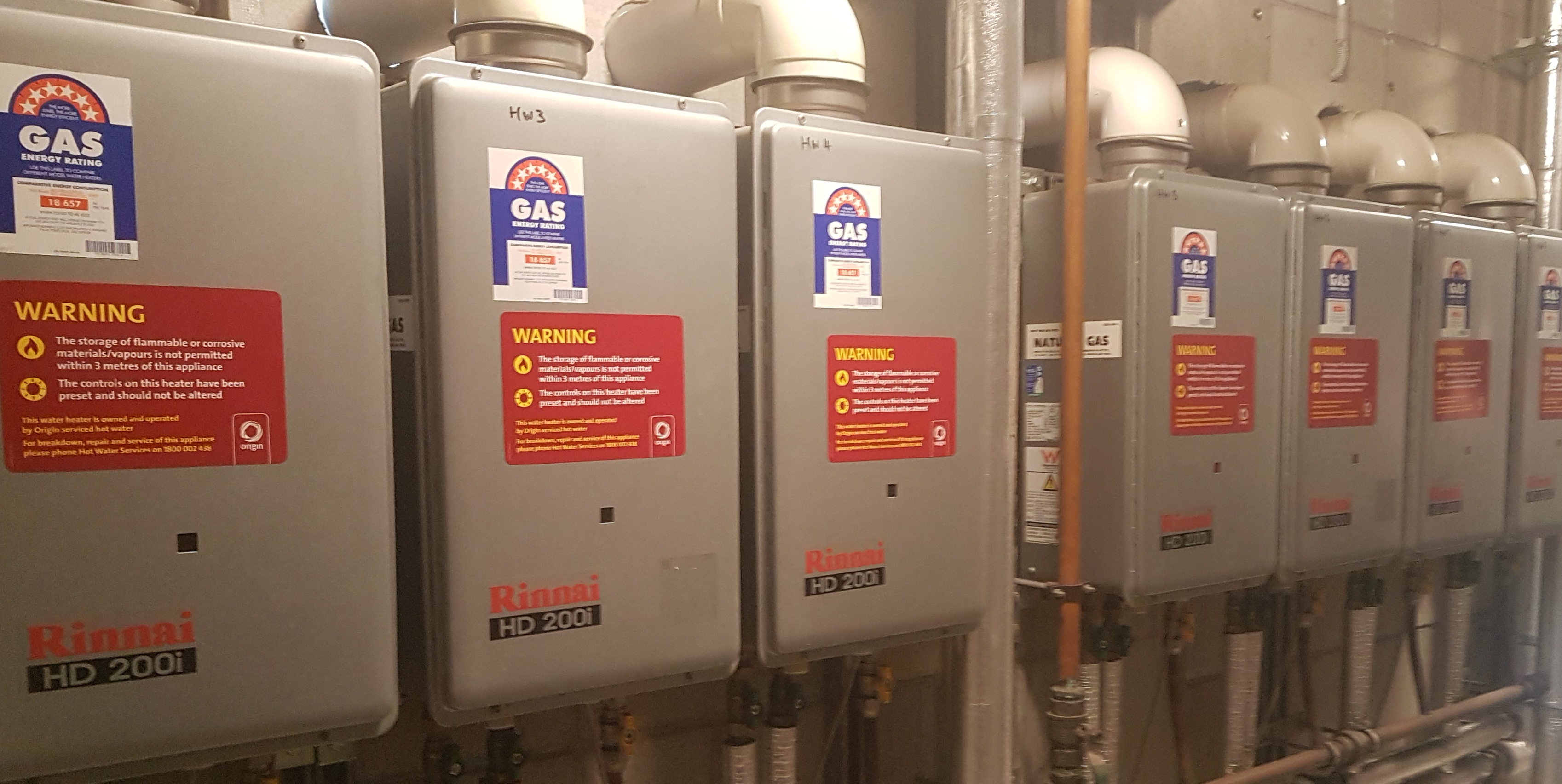Background
It is common practice in many parts of the world that the hot water used in high rise apartments buildings is centrally heated and then distributed throughout the building. The service being provided and managed by an energy provider company using gas or electricity as the energy source. In this arrangement the individual tenants are billed by the energy provider company using the tenant’s actual usage and applying the company’s domestic hot water tariffs.
As is the case with most hot water heating systems, the overriding cost in heating the water is the energy cost associated with this heating. To achieve a meaning full savings the energy cost needs to be reduced, this is possible though bulk purchasing of the energy.
What is the Solution?
A simple solution to the above is to convert the building’s hot water energy costs from individually billed hot water accounts, into a single energy bill for the entire building. Savings are then achieved through the bulk purchase of the energy. What is required to achieve such a saving is a cost effective hot water metering and management solution for the building that allows for the individual apartments to be billed directly by the building’s managing agent, body corporate or contracted 3rd party.
Such a solution also greatly simplifies matters as the costs are directly based on the energy used and the cost for this energy. In the case of gas the energy usage would be in m3 and billed by the gas provider as such, in terms of electricity it would be the kWh used. The further benefit of separating the energy cost out from the individual hot water accounts is that the energy supply can be negotiated from a range of energy suppliers, based on the bulk supply of energy. Purchasing the energy at business or commercial rates results in a significant cost savings. The solution provides a much clearer insight into the changes in hot water costs due to the changes in the cost of the energy. Has your gas heated water costs come down in the past few years?

What is the problem?
In many, if not most cases the norm is for hot water cost to be based on the standard domestic tariff rate for hot water as set by the service provider. This tariff is presented in the form of cents per litre and does not easily relate back to the actual energy cost. What is unclear in this format of tariff is how the actual energy cost relates to the heating of the water. The hot water tariff in is based on the energy required to heat a litre of water, this is expressed as MJ/litre, together with a number of tariff steps based on the daily usage, additional conversion factors and some efficiency numbers. This relationship between the hot water cost and the energy cost is convoluted and complex and by no means provides a clearly understanding of the underlying energy cost. It therefor becomes difficult to understand how changes in the cost of the energy relate to changes in the cost of the hot water.

In addition to the issues above which relates to the cost of the water heating, there is a problem that relates to the cost of the cold water used in the hot water system. The problem is the recovery of the cost for the cold water used. If the individual apartment’s cold water usage is metered and billed, then the cost of the water used in the hot water system is likely to be for the body corporates account. The reason for this being that the bulk incoming meter registers both the cold and hot water usage in the building. However, the utility can only bill the tenants for their cold water usage, as the utility does not have sight of the hot water usage. The shortfall falls to the body corporate’s account. As hot water usage can be considered to be 25% of the total usage, the outstanding or unaccounted for water is a significant proportion and a significant cost to the body corporate.
What are the benefits
- Cost savings are achieved by the building management combining the individual hot water accounts into a single energy account and purchasing the energy at business or commercial rates.
- Energy costs and usage are clearly visible and simpler to manage.
- Cost savings are carried through into the future as the solution is not tied to long term contracts nor to a specific energy provider.
- Fair and equitable billing is possible as the unaccounted for water can be allocated to and billed to the correct apartment based on actual usage.
- The solution empowers the body corporate to remain in control of their buildings hot water infrastructure.
What are the Requirements?
What is required to implement such a solution is a cost effective hot water metering and utility management system that allows for the individual apartments to be billed directly by the building’s managing agent, body corporate or contracted 3rd party.

